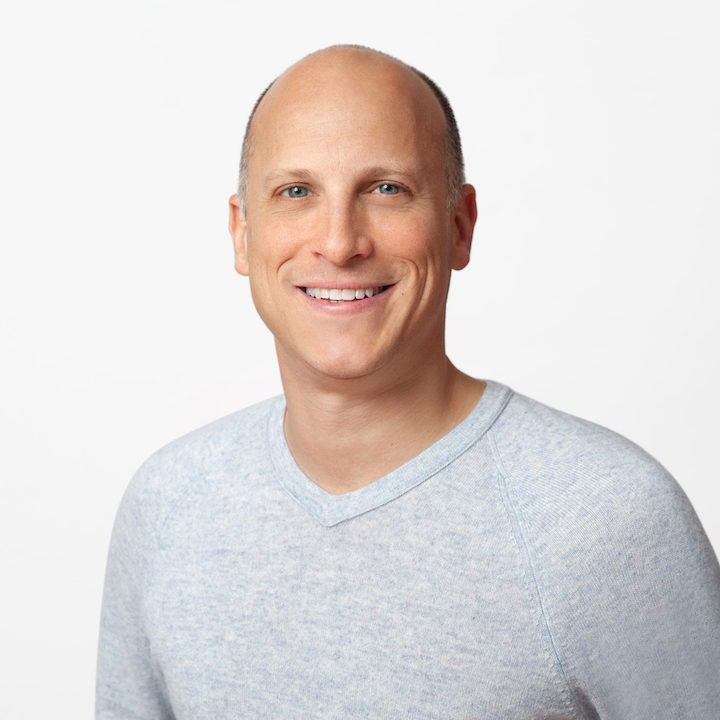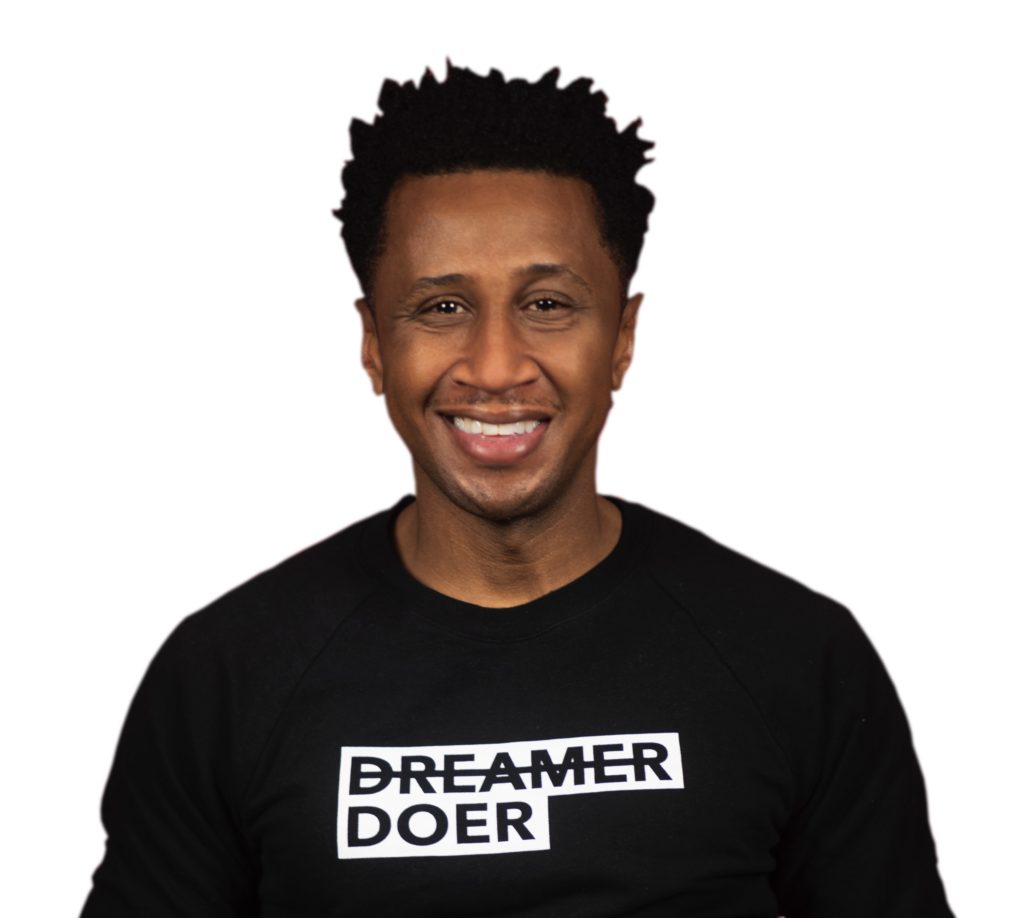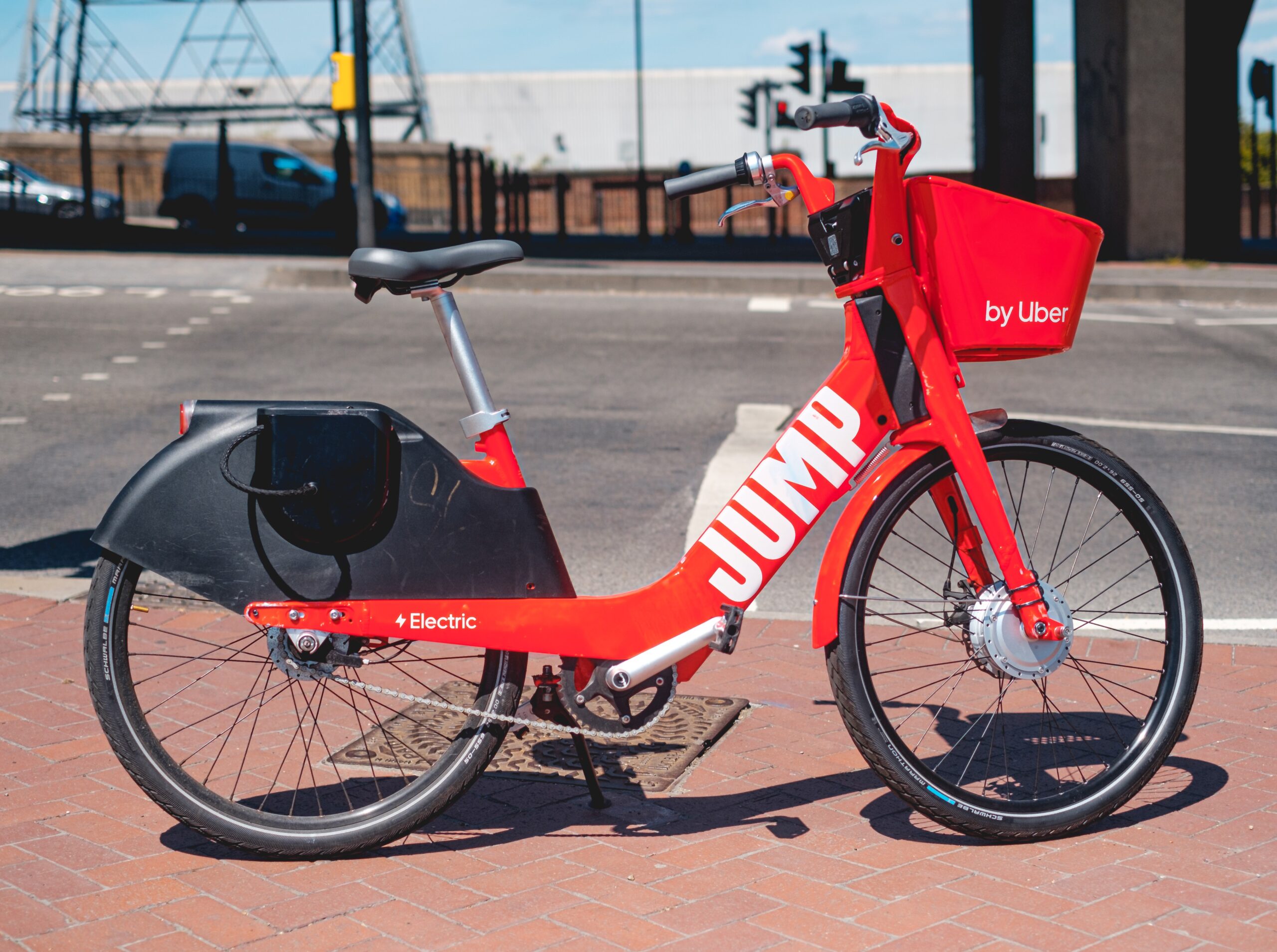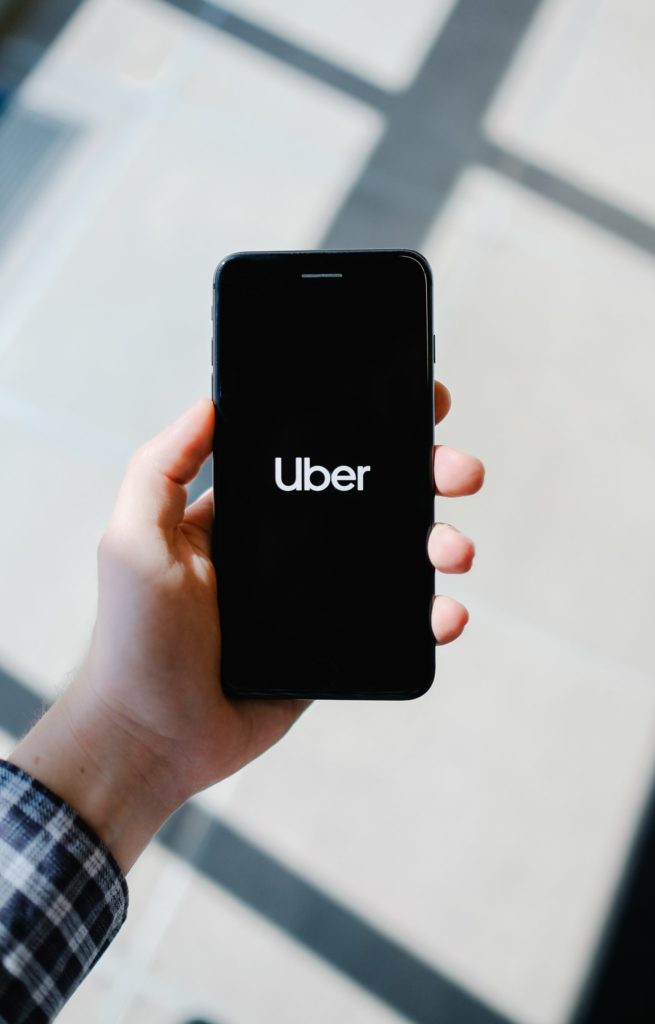Q&A
Thomas Ranese, Chief Marketing Officer and Renaldo Chapman, Global Head of Mobility Brand + Masterbrand, Uber
Thomas Ranese, Chief Marketing Officer and Renaldo Chapman, Global Head of Mobility Brand + Masterbrand, Uber
Thomas Ranese: Our mission at Uber has always been to reimagine the way the world moves. We think of ourselves as a platform for movement. During COVID, as movement became constrained, the idea of ride sharing was not top of mind for people. That gave us a chance to expand people’s perception of Uber as a platform for delivery, not just ridesharing.
As we’re emerging now from COVID into what we hope is a better normal, we want people to think about us in an even bigger way: as a platform to go anywhere and get anything. We are more than Uber X, we a mobility platform to go anywhere. Everything from public transportation which in many places you can access through Uber, boats in some parts of the world, to reservations and car rentals.
On the delivery side, we want people to think of Uber Eats not just for restaurant delivery, but as a delivery platform to get anything. That includes grocery, alcohol, convenience, and much more to come as we partner with brands like Sephora and Apple. Bringing brands like Postmates, Drizly and Cornershop into the family, as well as Lime—who is already on our platform—allows us to help people go anywhere or get anything they need in ways that people couldn’t imagine before.



Thomas Ranese: I’ll start by being really honest. It’s no secret that we’ve done things in the past that have undermined trust with people on our platform and with the general public, so we’ve had to do some work to repair the credibility. Rebuilding our brand and focusing on winning back trust is something the company has been on a path to do since Dara Khosrowshahi became our CEO and really set a new direction and culture for the company, as well as a vision for the business.
The second is that during COVID we saw an important opportunity for us to stand up as a corporate leader and citizen of the cities we’re in across the world. We’re a brand that stands for movement. What does a movement brand do when the world stops moving? We show up to help move what matters! We launched our first global social impact effort which was #movewhatmatters and made a commitment of 10 million rides and deliveries for people in need, partnering with everyone from the Gates Foundation to World Central Kitchen and a lot of local NGOs across the world. From helping healthcare workers get to the hospitals, to the commitment of 10 million rides for people to get access to vaccines, knowing that this is what’s going to help the world recover and move again.
Renaldo Chapman: We’re building out this concept of action not ads, and it’s really making the culture at Uber be much more purpose driven, to where it’s not just trying to be cool as a brand but actually impacting the communities where we serve and that’s not just in the United States, that’s across the globe. A really good example of that is what we recently did with Afghan refugees —reacting in a moment to help not just individuals that we know and who drive on our platform, but also the communities they care about,whether it’s on US soil or across the globe.
Thomas Ranese: I think what people don’t know about Uber—and it’s the reason why I joined two years ago—is that we’re very mission driven, and while we may have made some mistakes in the past, it doesn’t represent who we are. We are here to show that we are a purpose driven brand that believes we can help the world move for the better.
Thomas Ranese: Marketing at Uber is not just responsible for communicating the actions of the company but is a catalyst for the company to do the right thing through social impact initiatives. What I call “Actions Not Ads”. We see social impact as much more than charitable contributions – done right, social impact leverages the power of our products, platform and partnerships to drive meaningful change, not just financial donations. The other thing I’d say is that we’re hiring incredible people like Renaldo and others in marketing and social impact, who are people that really believe and think differently about what we do. So it’s not leading with an ad —it’s thinking about the ways we activate our programs in the world, the activations and experiences being the medium for communication versus relying on traditional advertising.
Marketing at Uber is not just responsible for communicating the actions of the company but is a catalyst for the company to do the right thing through social impact initiatives.

Thomas Ranese: First and foremost is safety. We’re a marketplace where people come together to exchange services and values. If trust is broken then the platform can’t work, so that’s the first and most important thing. The second is sustainability. We recognize we’re a mobility company with a global footprint, so how do we help ensure cities move with less congestion and less environmental impact on the planet? This past year we made a commitment for zero emissions by 2030 in Europe, the US and Canada and across the world by 2040. An important part of that for us is making sure that our drivers and couriers have access to electric cars in an affordable way. That is something we’re actively working on. It’s a long journey to get to 2030 and 2040, but it’s something we’re committed to. The third priority is economic empowerment because as much as we’re a mobility platform, we’re a platform for work, so how do we ensure that everyone has access to earning opportunities that are meaningful and help them achieve their own personal goals? And the last one is equity and access. In order for us to thrive and grow the business we need to make sure everyone has access to our products and platforms, and we can also play a positive role in thinking about how movement closes the gap from an equity standpoint, making sure that everyone feels like they have access, whether you have a disability, whether you are a person of color, wherever you live, whether urban or rural. We want to make sure that everyone has access to movement.
Thomas Ranese: The murder of George Floyd was an inflection point for us and one that caused us to look internally at ourselves and at our own culture and policies as a company, but also obviously as a platform and the way that we show up in the world. We know that the majority of our drivers in the United States are people of color, so how do we address an issue that affects them every single day? Coming back to our mission, how do we ensure that everyone feels that they have the right to move? With a lot of introspection and a lot of hard thought around the summer of 2020, we launched a commitment to be an anti-racist company and declared that Black people have the right to move without fear.
There’s more work to come later this fall around addressing anti-racism on the platform and how we hold people accountable to our community guidelines, making clear that racism is not something we tolerate. We will continue to look at our own practices and our own behaviors. This is good for the people on our platform and it’s also good for our brand and our business and we believe it’s the right thing to do, and those are all the reasons why we’re committed to it.
Thomas Ranese: In some ways I don’t feel like there is one competitor because we are a mobility company across ridesharing and delivery. We offer the ability to go anywhere and get anything in a way that none of our direct competitors can. It opens up the category—or at least the competitive set—about how people actually move every day. Whether you think of Amazon as a competitor or all forms of transportation (including whether you own a car) as a competitor in some ways, it expands the thinking quite a bit. The goal for us is to be seen as an everyday brand in peoples’ lives—not just on a Friday night when you’re too tired to cook or you have to get to the airport on a Monday. We can be there for you in small and big ways every day and that’s the big opportunity for us.
Uber is not a not a timid brand, we’ve always been bold and resilient, we’re a company that bounces back. The thing that we’ve been able to do now is bring more heart, humanity, and empathy to the platform. At the end of the day, we’re powered by people and we need to embrace the people on our platform and not just the algorithms that govern our marketplace.
Renaldo Chapman: I also think that a point of differentiation for the brand is really the innovative spirit that’s in its DNA. Uber was able to create a category and an economy, and there’s not many brands that can actually say they’ve done that. I don’t know if we were ever scared about a competitor, I think if anything it’s how we remain consistent across the globe and continue to have the same values set.